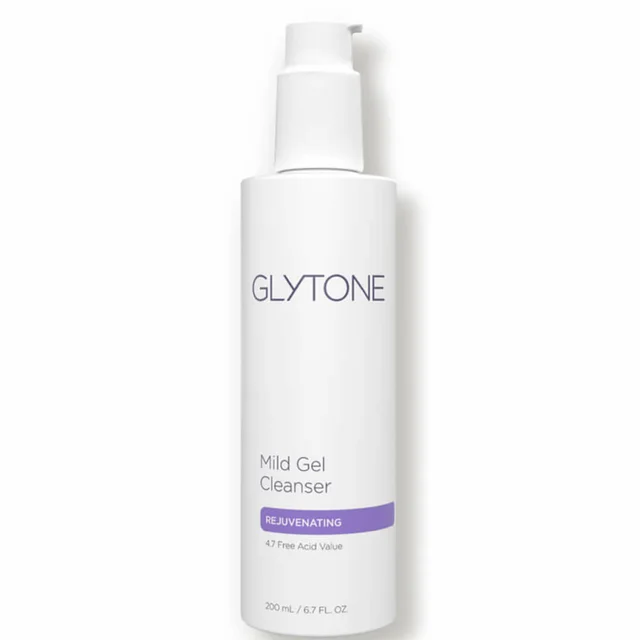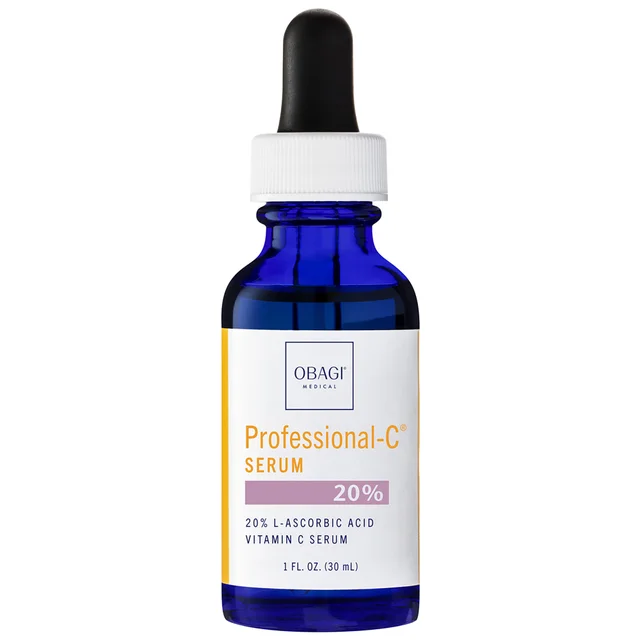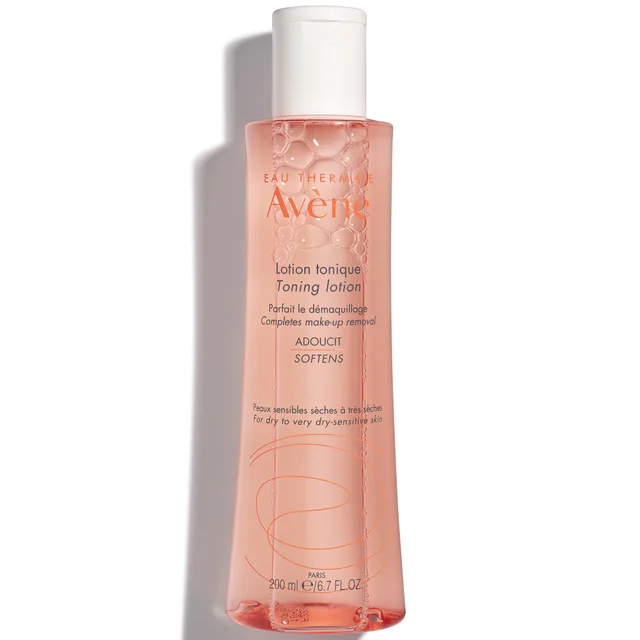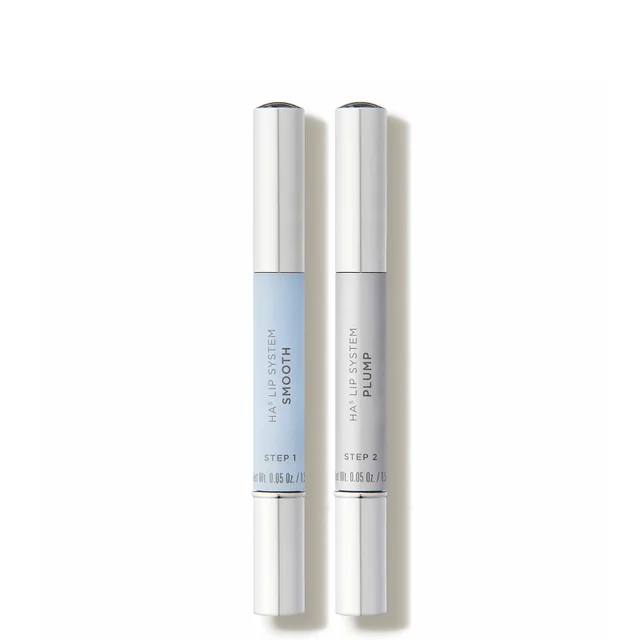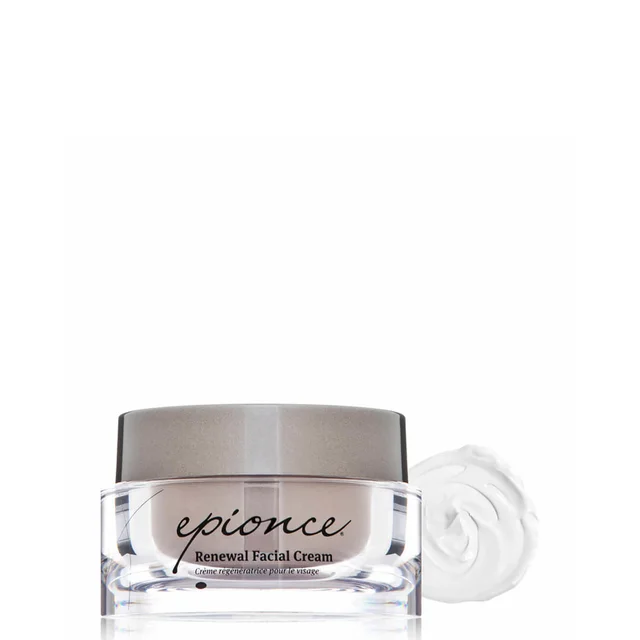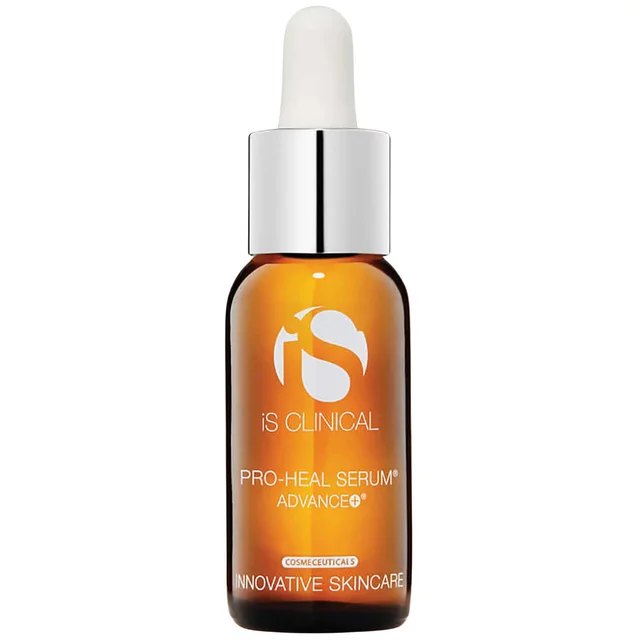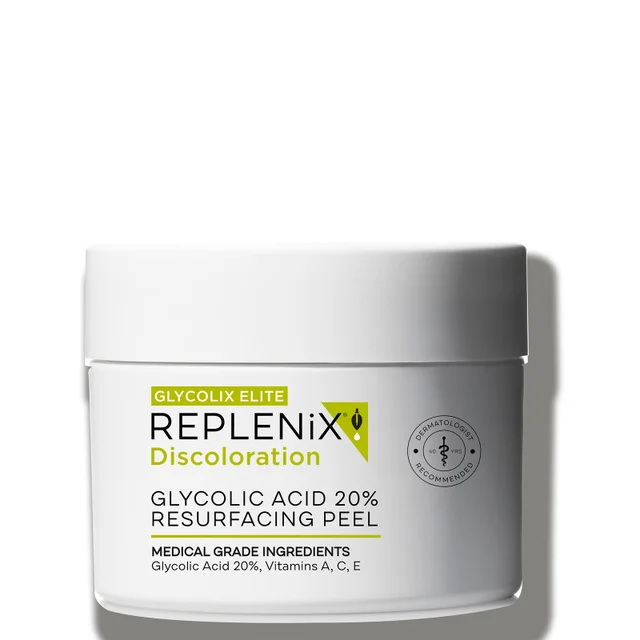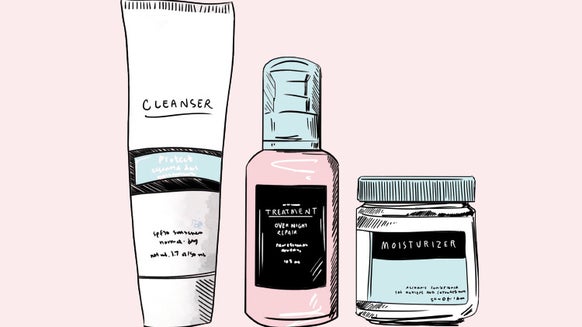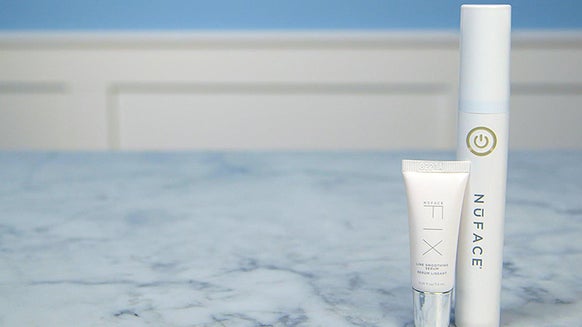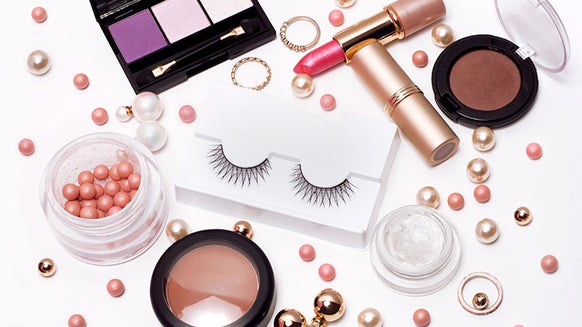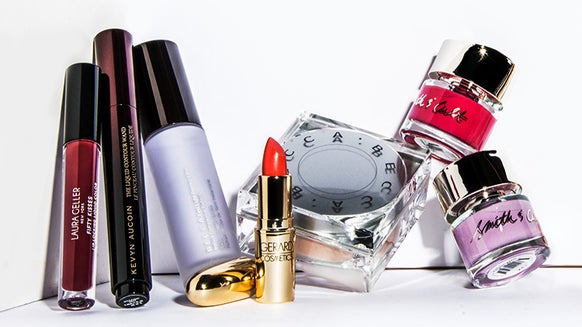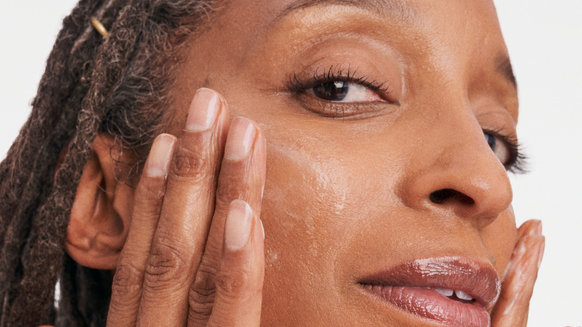Dermatology 101: What Do Dermatologists Do?
Getting clear skin can be a messy business—we try out all sorts of different products and experiment with various techniques in the pursuit of perfect skin. For those with persistent problems, for whom the solution does not come in an over-the-counter form, a visit to the skin doctor may be the answer. New York-based dermatologist Dr. Sumayah Jamal, MD, PhD helps clarify what exactly dermatologists do and what a new patient can expect on their first appointment.
Dermatologists are doctors.
This seems like a simple one, but it should be noted that dermatologists
After receiving one’s license to practice medicine, an individual can become a board-certified dermatologistby completing board exams, which test a doctor’s knowledge, experience and skills. To maintain board certification, a doctor must retake the exams every ten years. This ensures they stay up to date on industry trends, conditions and treatments.
Dermatologists don’t just focus on skin.
In addition to treating skin conditions, dermatologists specialize in the treatment of hair, nails and mucous membranes (the lining of the mouth, nose and eyelids).
Dermatologists are trained in four areas of expertise.
Medical dermatology is the diagnosis, treatment and prevention of diseases that affect the skin, hair and nails. Dermatopathology is the diagnosis of diseases by removing and examining a sample. Surgical dermatology treats these diseases through surgical procedures. Finally, cosmetic dermatology treats the skin, hair or nails in an attempt to improve a patient’s appearance.
Dermatologists are able to diagnose more than 3,000 diseases including some you’ve heard of, such as acne and psoriasis, and some you may not have, like argyria, which causes the skin to be stained a grey-blue shade.
There are many reasons to visit a dermatologist.
Patients visit skin specialists for a host of medical and cosmetic reasons. Acne is the most common skin condition in the U.S., affecting approximately 85 percent of people between the ages of 12 and 24, according to the
Certain skin concerns warrant immediate consultation.
Dr. Jamal urges, “Any new or changing moles should be evaluated by a dermatologist.” These could be indicators of skin cancer, which is the most common cancer in the U.S. The AAD
Come to your first dermatology appointment prepared to ask questions.
You’ll need to answer questions, too.
In terms of what questions you’ll be expected to answer, Dr. Jamal says, “Your dermatologist will ask questions based upon the specific issues you have.” You’ll want to inform your doctor of any over-the-counter products, medications and treatments you’ve tried in the past, and how you reacted to each one. The doctor will then perform an examination and make treatment recommendations—which may range from lifestyle changes to a medical procedure.
You may need a referral to see a dermatologist.
When searching for a dermatologist, there are numerous online resources including ZocDoc and Health Grades, which offer ratings and reviews of doctors. You can search the American Academy of Dermatology website for local skin specialists. Additionally, many hospitals have dermatology departments with top-rated skin specialists. Another route is traditional word of mouth, to solicit a recommendation from your personal or professional networks.
It is important to note that while certain insurance carriers do cover visits to the dermatologist, you may need a referral from your primary care physician (PCP). Check with your insurance carrier before booking an appointment with a specialist to see if a visit to your PCP will be necessary.
You'll want to check with your insurance provider before booking a procedure or treatment.
If during your visit to a dermatologist they recommend any treatments or procedures, you'll want to see if your insurance company will cover the costs. You could check with your carrier beforehand, if you have an idea of what treatment you might need. Another approach would be to go to your appointment and get recommendations. Afterward call your insurance carrier to see if a recommended procedure is covered and what the costs would be, then make a follow-up if you want to do it. For example, cosmetic treatments are typically not covered. You'll likely have to pay out of pocket for something unrelated to health concerns.

From the latest hair and makeup trends to the best solutions for your skin issues, we've got all your beauty concerns covered!

